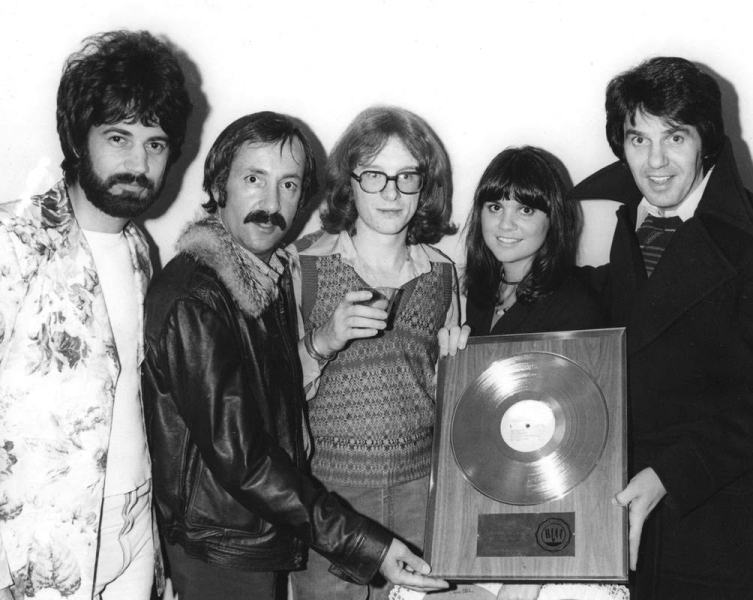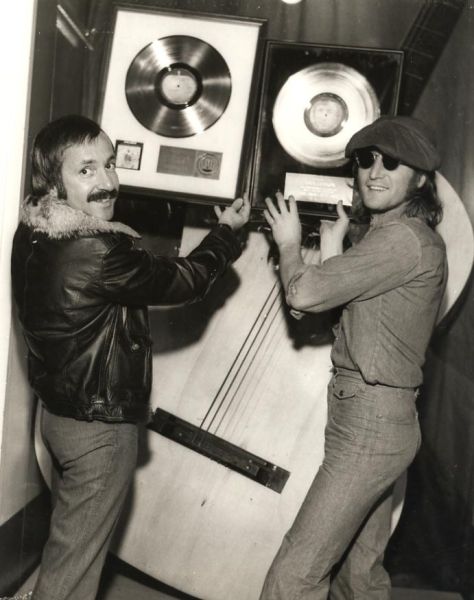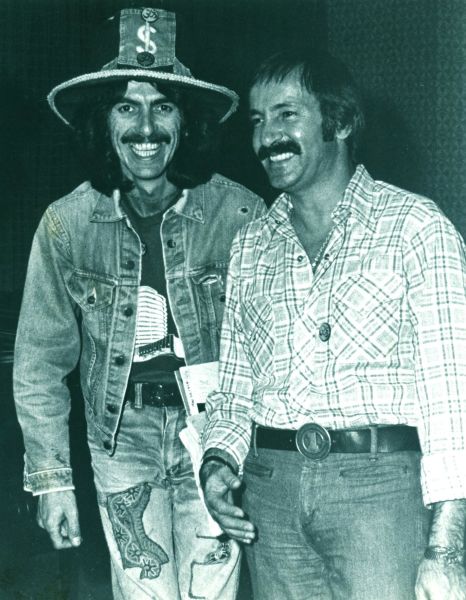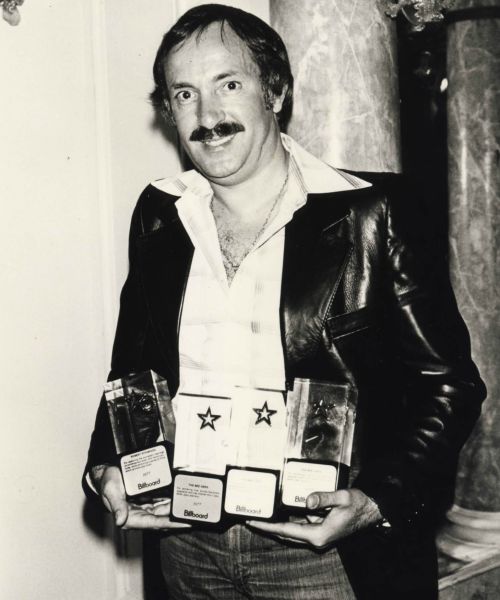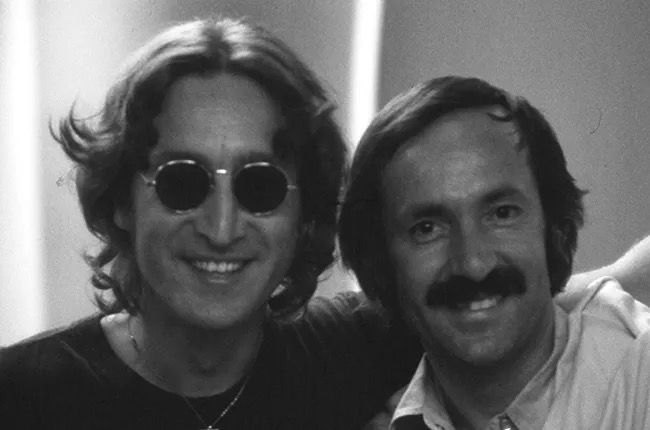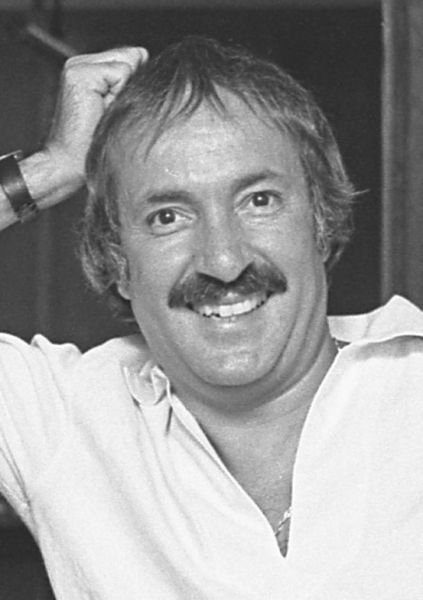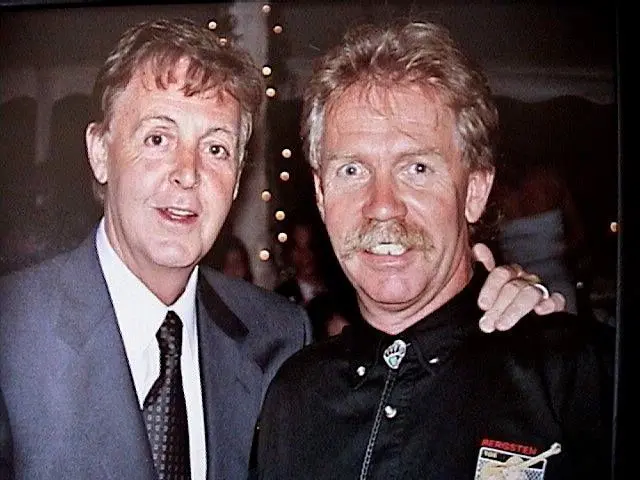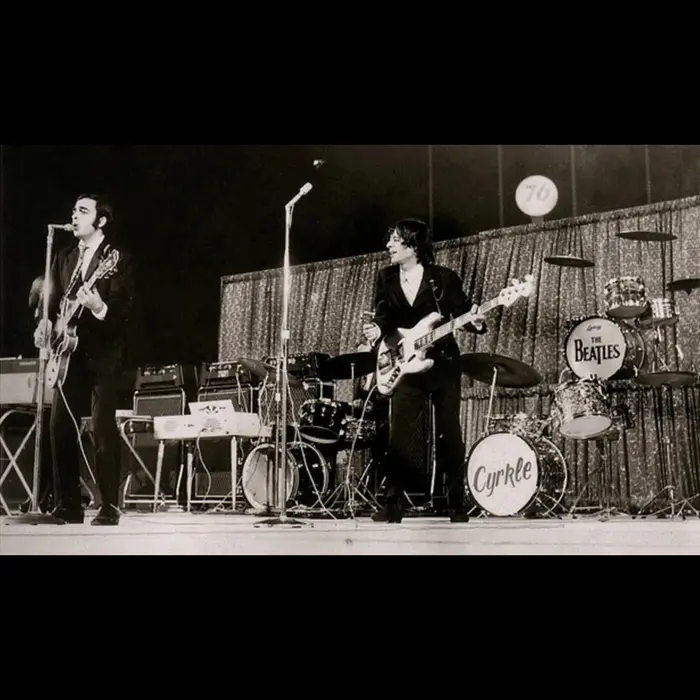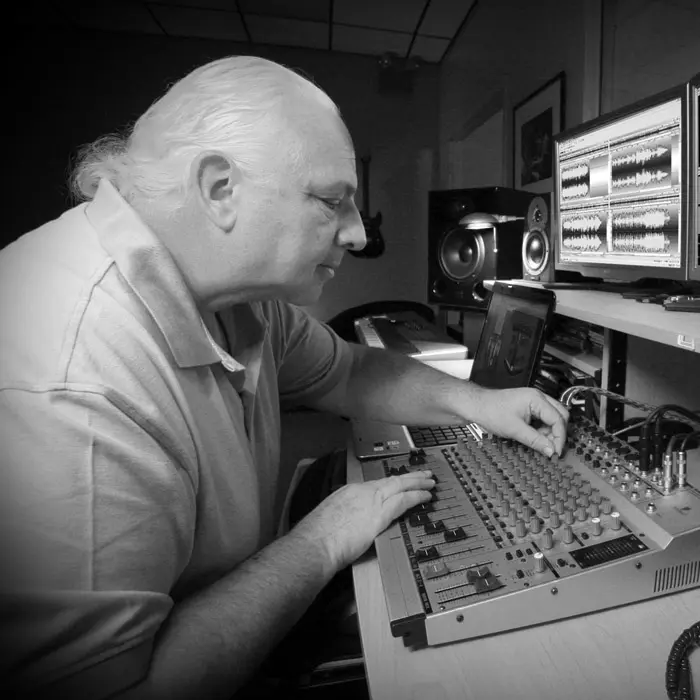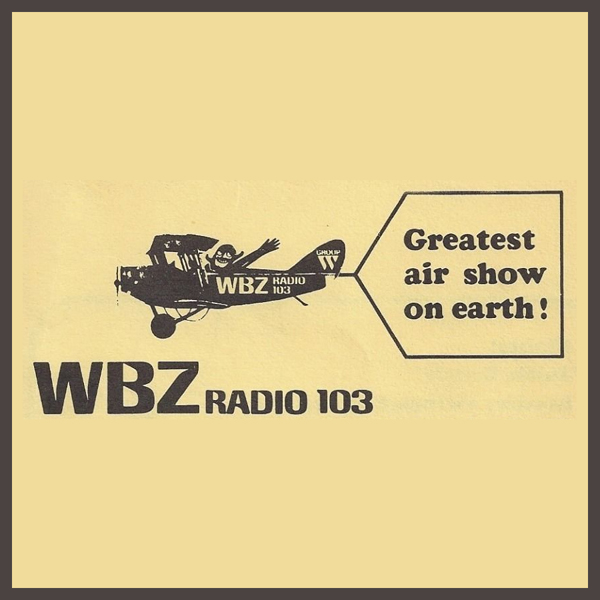Al Coury
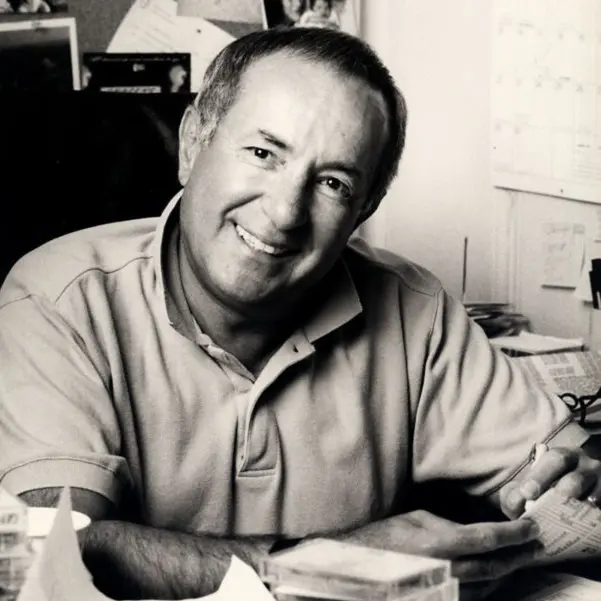
“Al Coury Owns Number One.” That was the headline of a feature story in the October 5, 1978 edition of Rolling Stone. And it was spot-on.
Coury’s label, RSO Records, dominated the charts that year with four gold and six platinum singles on the heels of two record-shattering soundtracks, Saturday Night Fever and Grease, and three blockbusting albums, Eric Clapton’s Slowhand, Andy Gibb’s Shadow Dancing and Player’s self-titled debut. And while many assumed that such success was coming from a decades-old record-making behemoth, the truth was precisely the opposite: RSO had just 68 employees – half of them working in promotion – and a mere 15 acts on its roster. And the company hadn’t yet celebrated its fifth birthday.
Overview
Coury always said that the foundation of his success was his “street-oriented” approach to signing, developing and promoting his artists. For the notoriously no-nonsense, old-school “record man,” never-ending boots-on-the-ground hustle was critical to acquire top artists, near-constant elbow-to-elbow involvement with them was fundamental, outrageous advertising expenses were par for the course and relentless promotion was a matter of commercial life and death.
Over almost 40 years, working for four labels – Capitol, Network, RSO and Geffen – Coury was instrumental in discovering and/or developing a diverse assortment of tremendous talent including Nat King Cole, The Beatles, The Beach Boys, Pink Floyd, The Bee Gees, Eric Clapton, Irene Cara, Glen Campbell, Bob Seger, Guns N’ Roses, Don Henley, Linda Ronstadt, Cher and “the bad boys of Boston,” Aerosmith.
Early years
Born Albert Eli Coury On October 21, 1934, he grew up in the Grafton Hill section of Worcester, the son of Amelia and Eli Coury, a clothes presser from Lebanon from whom relatives say Coury inherited his unwavering work ethic. He took an interest in music from a young age and played trumpet in his pre-rock ‘n’ roll teen years with his high-school orchestra, big-band ensemble and marching band.
After graduating from high school, Coury took a job was as a dishwasher at the El Morocco Restaurant in Grafton Hill before becoming an usher at what’s now The Hanover Theatre for the Performing Arts in Worcester, then manager of a movie theatre in Hartford, Connecticut. His next job was radically different from those – and it changed his life forever.
Joining Capitol Records
In 1957, 23-year-old Coury joined Capitol Records’ New England promotion team, just as the tidal wave called rock ‘n’ roll began crashing down on the world. His first role was going door-to-door to AM-radio stations like WPRO in Providence, WHEB in Portsmouth and WLAM in Lewiston, but he was quickly promoted to manager of Capitol’s Boston office, where he built close relationships at leading AM stations WMEX and WBZ, the latter of which boasted the most powerful signal in New England. In that Boston-based role, Coury found his calling.
“The man with the golden ears,” “The Man Who Sells the Sizzle”
In 1974, 17 years after joining Capitol in an entry-level promotions job – and just a few months shy of his 40th birthday – Coury was named senior vice president of A&R. Nicknamed “the man with the golden ears” for his uncanny ability to pick top-10 singles from the hundreds of tracks he heard every week, he was an unapologetically hands-on leader who spoke almost daily with regional promotion managers – an anomaly among executives at his level – and dove into every creative aspect of the business, from designing marketing strategies and brainstorming song ideas to recommending album-cover art and choosing what singles to release.
The famously plain-spoken Coury – who eschewed the glitz of the record business and lived a bare-bones lifestyle compared to other industry bigwigs – was laser focused on three things: sales, sales and sales. In its December 25, 1978, issue, Time magazine ran a feature story on him headlined “The Man Who Sells the Sizzle.”
The Beatles, The Beach Boys, Other signings
In the 1960s, Coury’s insights were instrumental as Capitol navigated away from jazz and pop vocalists and into the largely uncharted waters of rock. He worked closely with members of The Beatles before and after they went solo, and his decisions were absolutely pivotal to The Beach Boys’ success after he signed them in 1962. For example, Coury released “Barbara Ann” as a single in 1965 without bothering to tell the band – and it rocketed to #2 in the Billboard Hot 100 and is now a part of America’s 1960s rock canon.
In 1970, Capitol faced a potential crisis after The Beatles broke up and The Beach Boys left the label to sign with Warner-owned Reprise Records. Thanks to Coury’s signings, however, Capitol thrived between 1970-1974 with chart-topping releases from Linda Ronstadt, Helen Reddy, Grand Funk Railroad, Pink Floyd, Glen Campbell and Natalie Cole.
“I Am Woman,” The Dark Side of the Moon, “Money”
In 1972, Helen Reddy’s groundbreaking single “I Am Woman” reached #1 in the Billboard Hot 100 and won Best Female Pop Vocal Performance Grammy. In 1973, Pink Floyd’s The Dark Side Of The Moon became one of the best-selling albums of all time after Coury convinced the band to release “Money” as the single –they were vehemently opposed to the idea at first – and it became the band’s first US hit, reaching #13 in the Billboard Hot 100.
Heart Like a Wheel, “You’re No Good,” “Rhinestone Cowboy”
In 1974, as if following Reddy’s lead from the year before, Linda Ronstadt’s Heart like a Wheel won the Album of the Year Grammy and its single “You’re No Good” soared to #1 in the Billboard Hot 100. Also that year, Coury encouraged Glen Campbell to record “Rhinestone Cowboy,” which became his very first #1 single– and his signature song for the rest of his career.
John Lennon, Paul McCartney
In his role as senior VP of A&R at Capitol, Coury worked with The Beatles and, after they split in 1970, he collaborated closely with two of the Fab Four. The first was Paul McCartney on his on his biggest-selling album, 1973’s Band on the Run – the success of which McCartney has attributed directly to Coury’s input – followed in 1974 by John Lennon’s Walls and Bridges (on which Boston native Shelly Yakus was an engineer). Both included singles that went to #1 in the Billboard Hot 100 – McCartney’s “Band on the Run” and Lennon’s “Whatever Gets You Though the Night” – and Coury teamed up with Lennon again on his 1975 album Rock ‘n’ Roll (on which Yakus was also an engineer).
Leaving Capitol, Co-founding RSO
In 1976, after having been passed over to become Capitol president 18 months earlier, Coury left the label and co-founded RSO with entertainment entrepreneur and Bee Gees’ manager Robert Stigwood; that band became one of the label’s flagship acts along with Clapton. Following the success of the Saturday Night Fever and Grease soundtracks, RSO released other chart-toppers for the films Fame, Sparkle, The Empire Strikes Back, Return of the Jedi and Times Square.
Founding Network Records, Joining Geffen
In 1981, Coury founded Network Records and signed Irene Cara whose single “Flashdance…What a Feeling” reached #1 in the Billboard Hot 100 in 1983 and sold over 20 million copies as theme song for the film Flashdance. In 1985, Network merged with Geffen Records, which had seen several years of dismal album sales, and Coury became the company’s general manager, tasked with saving the near-bankrupt label.
Within two years, Geffen became the most successful independent record company of the ‘80s thanks to Coury’s signings, which included Cher, Peter Gabriel, Don Henley and Whitesnake. Coury also signed two now-legendary rock bands, almost single-handedly rescuing the first – a once wildly popular quintet based in Boston – from internment in a musical mausoleum and the second – a largely unknown band formed in Los Angeles – from near-certain musical obscurity.
Aerosmith
The first, obviously, was Aerosmith. By signing them at a time when other labels were reluctant to take the risk due to the band’s infamous substance-abuse issues, Coury spearheaded a comeback that put the group back in the saddle for the next 30-plus years. The collaboration’s first result was 1985’s Done with Mirrors, which sold a disappointing (by Aerosmith standards) 320,000 copies and peaked at #70 in the Billboard 200, followed by 1987’s Permanent Vacation, which sold over five million – Aerosmith’s most successful album in over 10 years – and hit #11. Coury worked side-by-side with the band on their albums until 1993.
Guns N’ Roses
The second, of course, was Guns N’ Roses. When their debut album, Appetite for Destruction, sold only 200,000 copies in three months, with radio stations unwilling to play the single, “Welcome to the Jungle,” Coury persuaded MTV to run the video once a night for three consecutive nights. When it became their most requested video, radio stations changed their tune and the song reached #7 in the Billboard Hot 100 in 1988 – over a year after it was released. Appetite for Destruction is the best-selling debut album of all time.
Death, Legacy
In 1994, Coury retired from the music business at age 60 and on August 8, 2013, the “street-oriented” promoter extraordinaire who “sold the sizzle” died at age 78 in Thousand Oaks, California. Even though it’s been nearly 30 years since he passed away, for a good many musicians, record producers, filmmakers and music lovers, no-nonsense, old-school, “record man” and New Englander Al Coury will always “own number one,”
(by D.S. Monahan)

